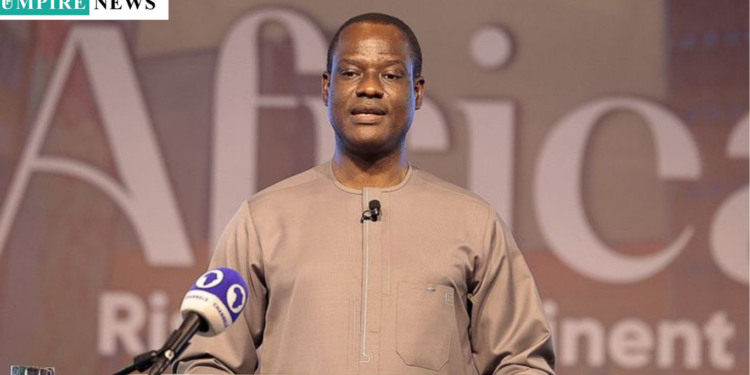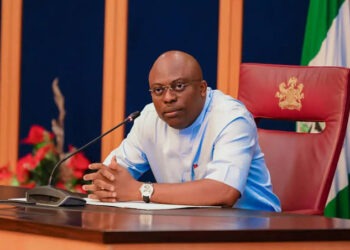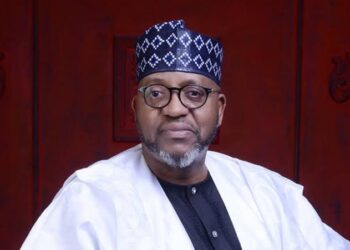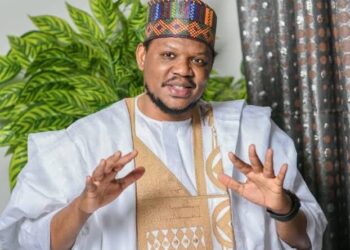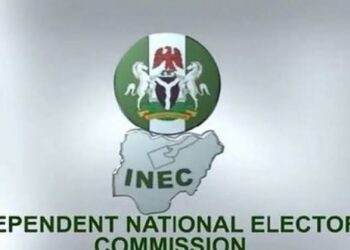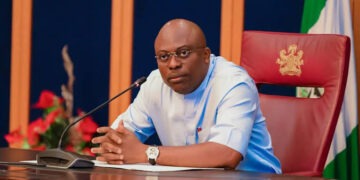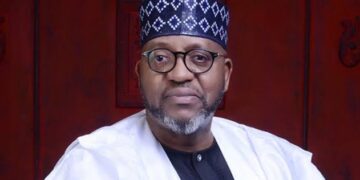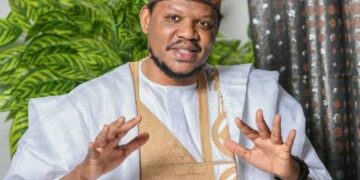Chairman of the Presidential Committee on Fiscal Policy and Tax Reforms, Taiwo Oyedele, has asserted that the Federal Government intends to correct certain anomalies within the tax system, including halting the situation where Nigerian businesses are forced to pay tax even in the face of losses.
He further alleged that with over 60 taxes and levies collected across the country, the federal government has nothing to show for it. He made the claim at the Senate’s plenary on Wednesday.
“The fiscal system we have today inhibits growth as more than 60 taxes and levies are collected from across the country but nothing to show for it,” he said.
He further noted that the FG intends to halt the situation where Nigerian businesses are forced to pay tax even in the face of losses, compelling the need to scrutinize the system through key reforms.
Oyedele added that there was no intention to tax capital or poverty but investment, noting that they were beginning to lose tax bases to other countries. This is why it is urgent to reform the tax system,” he mentioned.
To clarify certain parts of the proposed reforms before a final resolution is adopted, the Senate decided to invite the team to the following parliamentary date after the explanations ended.
Oyedele’s accusation came after the Senate objected to Zacch Adedeji, the chair of the Federal Inland Revenue Service (FIRS), and his advisers entering the Upper Chamber on Wednesday.
To allow Adedeji and the advisors to explain the contents of the Tax Reform Bill, the lawmakers suspended their rules.
However, there was a minor commotion before their admission, as a few lawmakers kicked the FIRS Chair as he entered the room. The contentious proposed Fiscal Policy and Tax Reform Bill is being spearheaded by Oyedele.
Recall that President Tinubu had in October sent the tax reform bill, which he said is aligned with ongoing financial reforms of the Federal Government to enhance efficiency in tax compliance, to the National Assembly.
Just after the bill was sent to the National Assembly, it started generating controversies, with some Northern leaders calling for its withdrawal.
The governors of the 19 Northern states had rejected the bill, especially the proposed amendment to the distribution of Value Added Tax (VAT) to a derivation-based model.
The National Economic Council (NEC) also expressed reservation over the Tax Reform Bill forwarded by President Bola Tinubu to the National Assembly.
NEC unanimously called for the withdrawal of the bill.
However, the president explained that the bill is not targeted at the 19 northern states, as the president has said.
According to presidential spokesman Bayo Onanuga, the new proposal, as enunciated in the bill, is designed to create a fairer system that will benefit all states.
Amid the calls to withdraw the tax reform bills, President Tinubu, on November 1, said the document would not be withdrawn from the National Assembly. He rather explained that the bills should go through the legislative process.
President Bola Tinubu “received the National Economic Council’s recommendation that the tax reform bills already sent to the National Assembly be withdrawn for further consultation,” a statement signed by Onanuga said.
“He believes that the legislative process, which has already begun, provides an opportunity for inputs and necessary changes without withdrawing the bills from the National Assembly.
“While urging the NEC to allow the process to take its full course, President Tinubu welcomes further consultations and engagement with key stakeholders to address any reservations about the bills while the National Assembly considers them for passage.
“When President Tinubu set up the Presidential Committee on Tax and Fiscal Policy Reform in August 2023, he had only one objective: to reposition the economy for better productivity and efficiency and make the operating environment for investment and businesses more conducive. This objective remains more critical even today than ever before,” the statement read.


